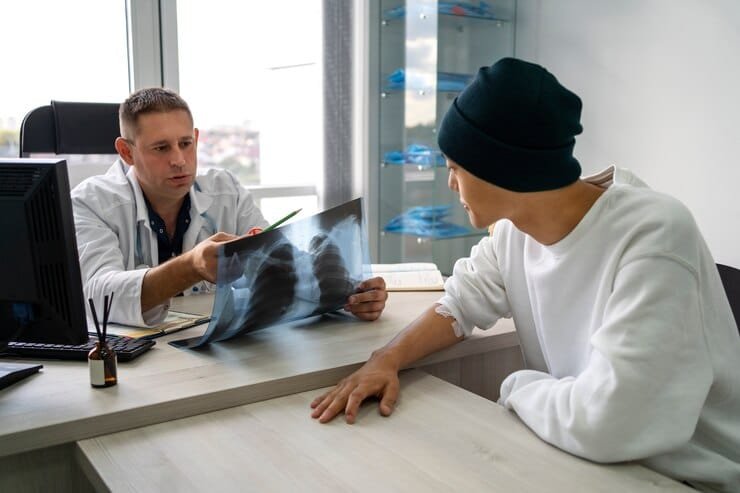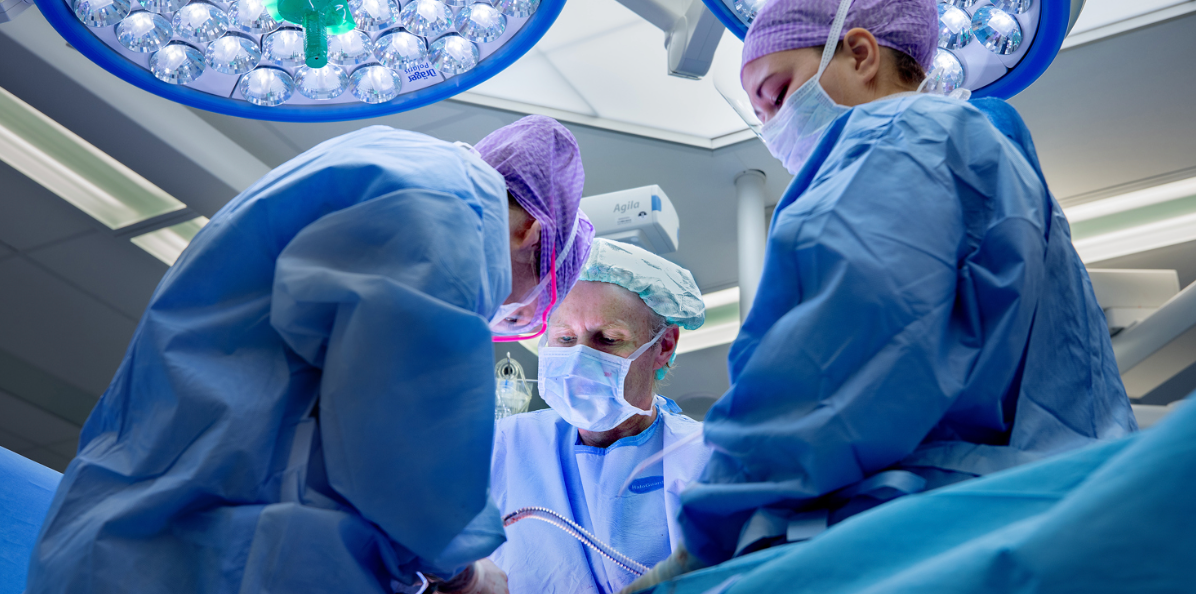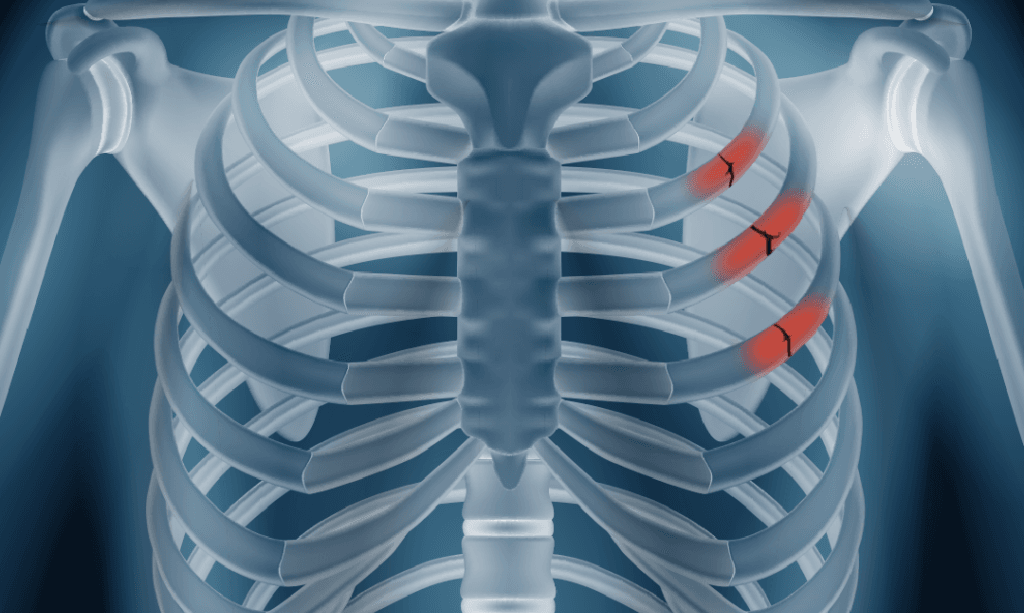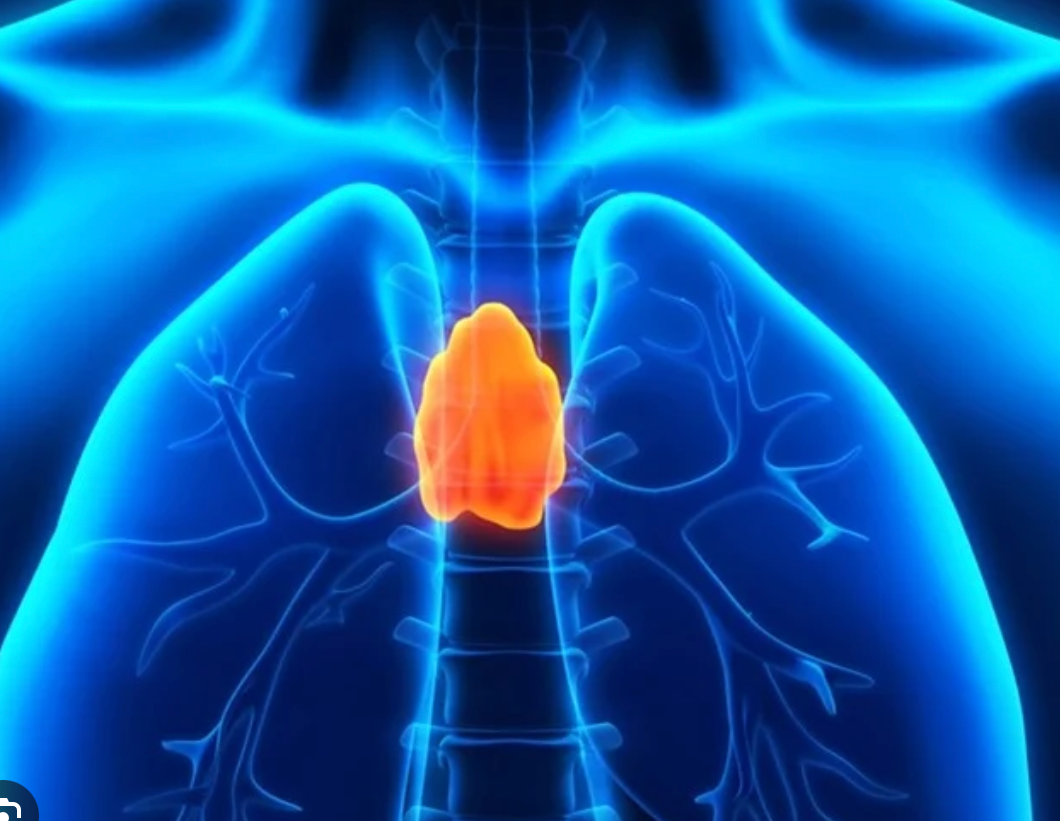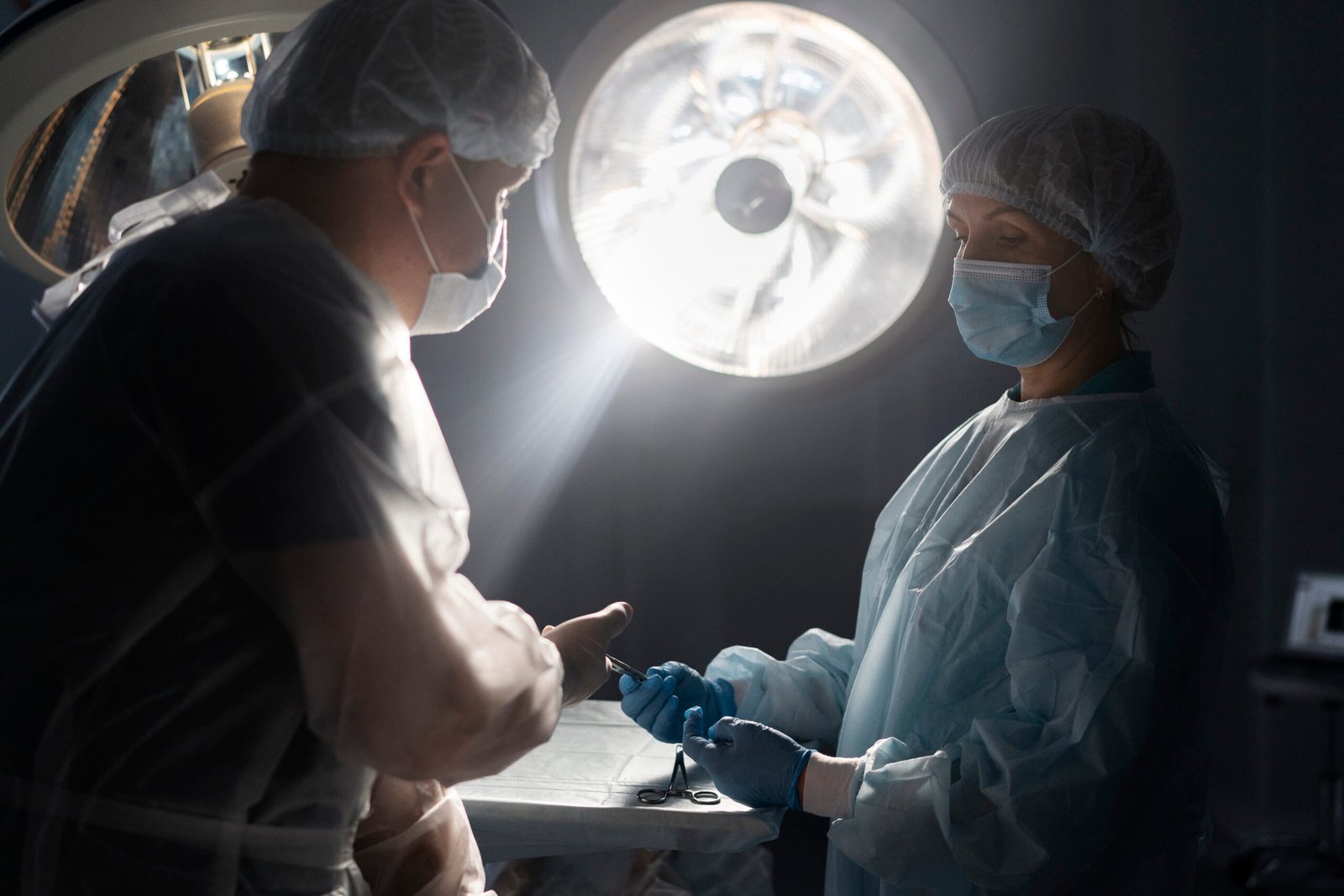Introduction
Pneumothorax, or a collapsed lung, is a serious condition that requires prompt treatment, whether through observation, needle aspiration, chest tube placement, or surgical intervention. Once treated, understanding the post-treatment care for pneumothorax and to minimize the risk of recurrence. This blog will guide you through what to expect after your pneumothorax treatment, including recovery tips, lifestyle adjustments, and follow-up care.
1. Initial Recovery Phase
The recovery process varies depending on the type of treatment received:
After Needle Aspiration
- Observation: Patients will typically be monitored for a few hours post-procedure to ensure that the pneumothorax does not recur.
- Pain Management: Over-the-counter pain relievers may be recommended to manage discomfort.
After Chest Tube Insertion
- Hospital Stay: You may be required to stay in the hospital for a day or two to monitor lung function and ensure that the chest tube effectively removes air.
- Discomfort: Mild discomfort at the insertion site is normal; healthcare providers will offer pain management strategies.
After Surgical Intervention (VATS or Thoracotomy)
- Longer Recovery: Expect a longer recovery period, often involving a few days in the hospital. Pain management and monitoring for complications will be prioritized.
- Incision Care: Follow specific instructions on how to care for your surgical site to prevent infection.
2. Signs of Complications
It’s crucial to be aware of potential complications that may arise after treatment. Contact your healthcare provider if you experience:
- Increased shortness of breath or difficulty breathing
- Severe chest pain that worsens
- Fever or chills, indicating possible infection
- Unusual swelling or redness at the treatment site
3. Follow-Up Appointments
Follow-up care is a vital component of your recovery. Your healthcare provider will schedule follow-up appointments to:
- Monitor Lung Function: Lung function tests and imaging (like chest X-rays) will assess the lung’s re-expansion and ensure no recurrence of pneumothorax.
- Assess Recovery Progress: Discuss any concerns you may have regarding your recovery, pain management, or lifestyle changes.
4. Lifestyle Adjustments
Making certain lifestyle changes can help promote healing and prevent recurrence:
Avoid High-Risk Activities
- Flying and High Altitudes: Avoid flying or climbing to high altitudes for at least a few weeks, as changes in pressure can exacerbate lung issues.
- Strenuous Exercise: Gradually return to physical activity, avoiding heavy lifting or strenuous exercise until cleared by your healthcare provider.
Smoking Cessation
- If you smoke, seek support to quit. Smoking significantly increases the risk of pneumothorax recurrence and impacts overall lung health.
Healthy Diet and Hydration
- Nutrition: A balanced diet rich in vitamins and minerals can aid in recovery. Focus on foods that support lung health, such as fruits, vegetables, lean proteins, and whole grains.
- Hydration: Staying hydrated is essential for overall health and recovery.
5. Psychological Support
Dealing with a pneumothorax and its treatment can be stressful. Consider:
- Counseling: Speaking with a mental health professional can help manage anxiety or stress related to your diagnosis and recovery.
- Support Groups: Connecting with others who have experienced pneumothorax can provide valuable emotional support and shared experiences.
Conclusion
Post-treatment care for pneumothorax is a crucial aspect of the recovery process. Understanding what to expect and how to manage your recovery can significantly impact your overall health and well-being. Always communicate openly with your healthcare provider, follow their recommendations, and don’t hesitate to seek support from friends, family, or professionals. By taking proactive steps during your recovery, you can ensure a smoother transition back to your normal activities and minimize the risk of future complications.
If you or a loved one has recently undergone treatment for pneumothorax, ensure you’re receiving the best possible care during your recovery. Contact Mr. Marco Scarci, an expert pneumothorax specialist, for personalized guidance and support tailored to your recovery needs. Don’t navigate this journey alone—reach out today to schedule your consultation and prioritize your lung health!

